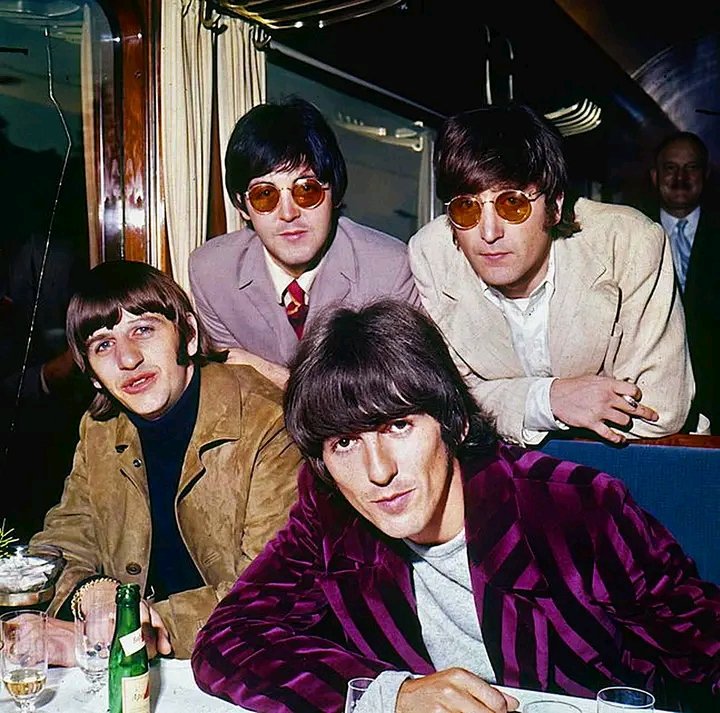August 10, 1964: Vee-Jay Records’ Final Beatles Release Marks the End of an Era
On August 10, 1964, Vee-Jay Records, the small Chicago-based label that had introduced many Americans to The Beatles, released what would become its final batch of Beatles records. The catalogue included early hits such as Do You Want to Know a Secret, Thank You Girl, Twist and Shout, There’s a Place, Please Please Me, P.S. I Love You, and Love Me Do. These tracks represented the raw, energetic beginnings of the band—music recorded before Beatlemania had fully engulfed the United States.
Vee-Jay’s connection to The Beatles began almost by accident. In 1963, before Beatlemania reached American shores, Capitol Records (EMI’s U.S. affiliate) had passed on releasing the group’s early singles. Vee-Jay, known primarily for its R&B roster, acquired the rights to some of The Beatles’ first recordings and issued them to limited fanfare. By early 1964, however, The Beatles’ appearance on The Ed Sullivan Show had transformed them into a cultural phenomenon, and Vee-Jay suddenly found itself sitting on a goldmine of material.
But the success was short-lived. Once Capitol Records realized the enormous commercial potential of The Beatles, it quickly moved to secure exclusive rights to their catalogue in the United States. After a series of legal battles, Vee-Jay was forced to stop issuing Beatles records and sell off its remaining stock. The August 10, 1964 release was effectively Vee-Jay’s swan song with The Beatles—a final attempt to capitalize on the mania before their contract expired.
For collectors and historians, these Vee-Jay releases have become treasured artifacts, representing a fascinating “what if” moment in music history. Had Capitol not reconsidered its initial rejection, the trajectory of The Beatles’ American career—and the fortunes of a small independent label—might have looked very different. Instead, August 10, 1964 marked both the end of Vee-Jay’s Beatles chapter and the beginning of Capitol’s long and lucrative reign over their U.S. discography.
